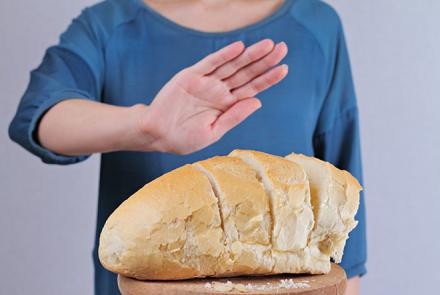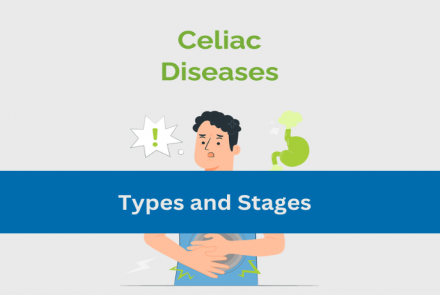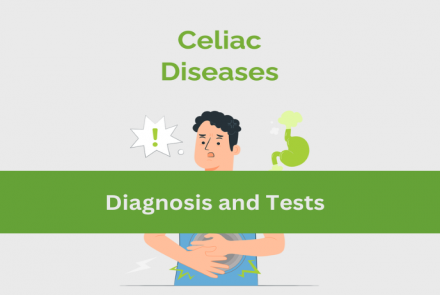
What is celiac disease?
Celiac or Coeliac Disease is also known as celiac sprue or gluten sensitive enteropathy. This is a digestive and inherited autoimmune disorder that causes damage to the lining of the small intestine (villi) when foods with gluten are eaten. Villi are finger like projections that protrude from the lining of small intestine. They help in digestive process by maximizing the nutrient absorption.
Image 1: Normal villi and villous atrophy in celiac disease
Gluten is a form of protein found in some grains like rye, barley, wheat etc. Intake of gluten containing foods causes damage to the intestine and makes it hard for the body to absorb nutrients like fat, calcium, iron and folate. It can affect children and adults, and becomes more common in older people. To read more, click on https://www.patientsengage.com/healthy-living/gluten-facts-myths.
Apart from genetics, the suspected causes include gastrointestinal infections, intestinal microbes, or early initiation of gluten in an individual. People with other autoimmune conditions and chromosomal disorders are more likely to have this. Damage to small intestines and impaired nutrient absorption leads to malnutrition. In children it can cause stunting. Diagnosis is difficult at initial stages as people don’t show symptoms.There is no cure for this disease. Following a strict gluten-free diet and regular follow up with health care provider is necessary.

















